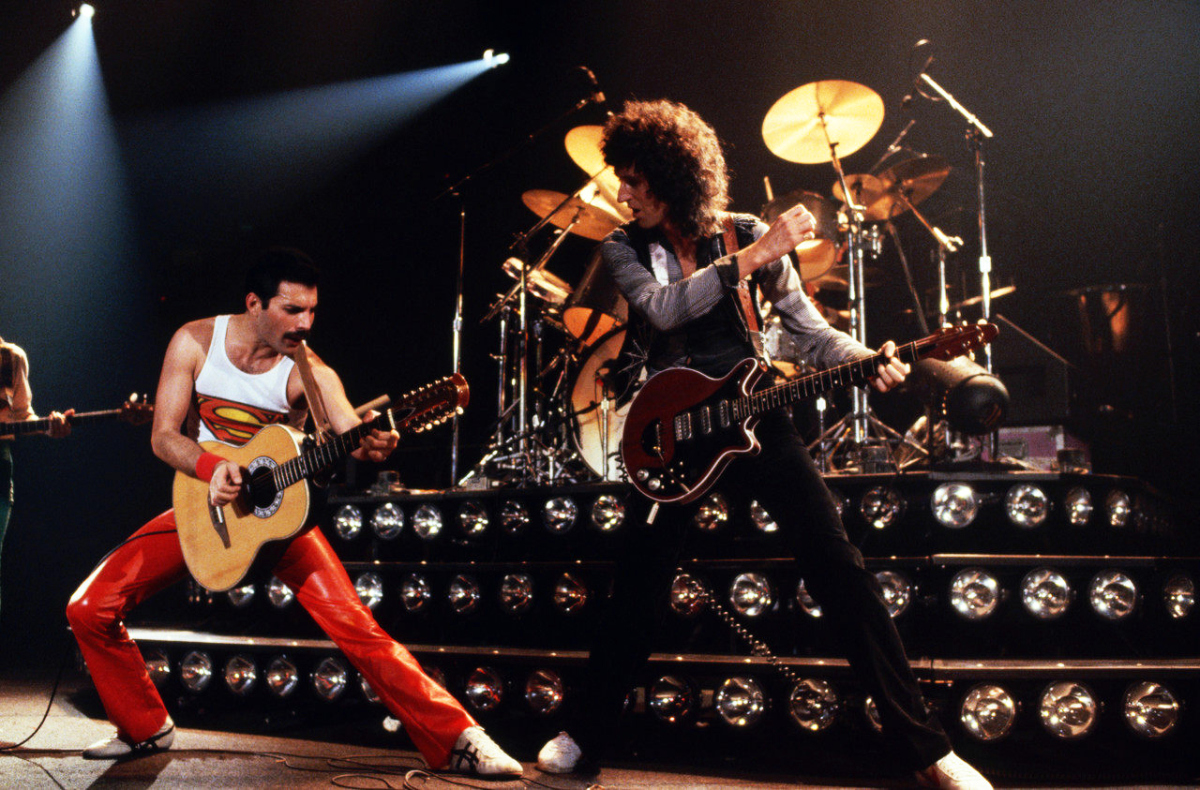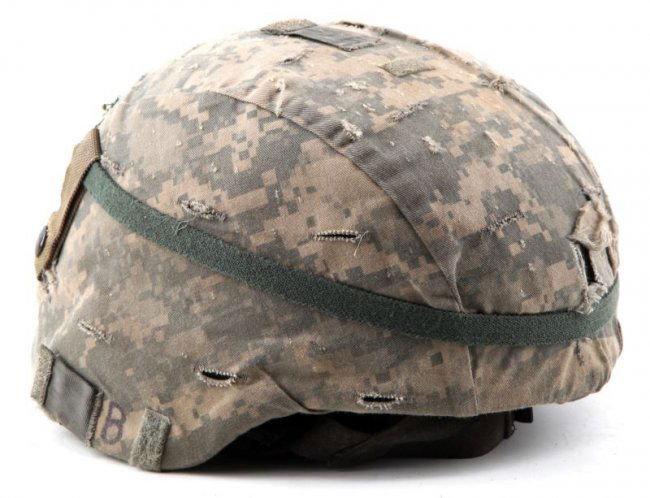Of all my memories of basic training in at Lackland Air Force Base in 1972, the two most
vivid are marching in the rain at 4 a.m. and listening to the other 39 guys in
my platoon tell incredible lies.
A pimply-faced 19-year-old Lothario told me with no shame at
all that a half-dozen cheerleaders were back home in Arkansas were pining
for his embraces. We all grew up in
during the peak of the “Muscle Car” era in America. The same studs who left a bevy of beauties
each had a Corvette, a Hemi Cuda, a 440 Six Pak Road Runner, or an SS427
Chevelle waiting in the barns and backyards back home for their return.
Their erotic and automotive attainments were even more
impressive when you considered that in February 1972 when we started basic,
trainee pay had just doubled from $168 to $283 a month. You would think that young men who could
afford six paramours and Corvette would not take a job for $71 per week, even
with free room and board.
Lies that would make Mark Twain blush were as much a part of
the atmosphere as the smell of shoe polish in the pre-Facebook military.
I served on active duty with the Air Force then the Army until 1979 when I went to college while serving in the
reserves, then decided to get completely out in 1984.
I reenlisted in 2007 after almost a quarter century as a
bearded civilian. I was 54 years
old. Shortly after I was back in uniform
we started pre-deployment training for Iraq.
During the first three-week training period we lived in an open-bay
barracks, carried M16s and rode to the field in “Deuce-and-a-Half” trucks. We also formed up and marched in the
rain. Our barrel-chested first sergeant
would smile at the soggy soldiers standing in front of him and say, “If it
ain’t rainin’ we ain’t trainin’.”
With rain, M16s, and Deuce-and-a-Half trucks just like the
old days, imagine my surprise when I was not confronted with a fresh flurry of
adolescent lies.
When we were finished with evening chow and returned to our
barracks, almost nobody talked. Everyone
had a computer and some kind of music and or video device if they did not have
a smart phone.
In 1972, we shined our boots, ironed our already starched
uniforms and talked. And in those shine
and iron groups, the stories got bigger and bigger.
In the new Army we wore no-shine boots and no-iron uniforms. The entertainment was what each of us
brought. Soldiers went outside to call
girlfriends and wives. They did not stay
inside and tell stories about their love lives.
Everyone under 30 was on Facebook.
Because of Facebook, no one could lie about girlfriends and
cars. Once a soldier said he owned a
Subaru WRX Turbo showing a picture of him at the wheel. “Fuck You, Douche
Bag,” was the response from three bunks down. “That’s your brother’s car. He would never let your dumb ass drive it.
I’m surprised he let you sit in it.”
Social Media acts as a lie detector against anyone who wants
to brag about cars, women and parties.
The rain, weapons and trucks might have been the same as
’72, but social media completely changed the atmosphere. No shine boots, no iron uniforms and no lie
barracks made Army life very different. In
1972, forty anonymous young men talking led to competition in telling lies, but
it also helped all of us to grow up and develop bullshit detectors while making
some good friends.
In 1972, I was a sucker for all the lies about love, cars,
and the other big category, dysfunctional families. I was an 18-year-old
virgin. By everything that I heard from
the other 39 guys in my basic training platoon, I was the only virgin my age in
America. My parents married eight years
before I was born and would remain married until death did them part. There were no divorced families in my
neighborhood. I had no step-anybodies and I
knew little more about sex than what I learned from the awkward presentations in 8th-grade
Health Class.
I suspected my platoon-mates were lying or exaggerating, but
did not have the experience to judge what they said. My bunkmate saved me from
my ignorance. He was Leonard Norwood
from Sawyerville, Alabama, population 53.
He always said population 53 when he referred to Sawyerville.
Once he saw me listening intently to a story about an evil
step mother. ‘Bama (that really was his
nickname) said, “Gussie, he’s just full of sheeeeit.”
‘Bama and Jersey (guess where he was from) and a few other
guys helped me to sort out the stories that had a grain of truth from the NFW
(No effing Way) stories.
Jersey also raised my status within the platoon. Although I knew nothing of step families and
sex, I actually owned a 1969 Ford Torino 428 Cobra Jet with a factory Holley
carburetor, Hurst shifter, and positraction.
My father got me a Teamsters job in May of 1971 when I graduated. I made enough money to buy the Torino five
months later. When I enlisted at the end
of January, I left the car with my 16-year-old sister Jean.
Jean wrote me letters about parking lot burnouts, street
races she got in, and scaring the crap out of a hitchhiker. I read these funny letters to Jersey, ‘Bama
and a couple of other friends. Jersey
showed one to the drill sergeant. For
the rest of basic, when Jean would write, the drill sergeant read the letter to
the whole platoon. My blond-haired,
blue-eyed sister made it very clear that I really owned a Torino Cobra. Jean wrote about how she and my Dad were
going to drive the car to my tech school in Denver from Boston. So my car not only existed in the real world,
but everyone who went to school in Denver would actually see it.
It’s not like the reality of my car in any way diminished
the stories from the rest of the platoon.
Some felt obliged to explain why they were not bringing their cars to their
next bases. One guy said he was going
straight to ‘Nam, after weapons school, so he might as well leave the car
home.
Do I like Facebook Army better than the 70s Army? At the risk of being just another grumpy old
soldier, I like the liars, shined shoes and starched uniforms better. My best
friends from the Army in the 1970s are still my best friends. The shared time talking helped me to find
those friends. During this tour I have
hundreds of Army Facebook friends, but I know fewer soldiers at any real depth
than I did last time. Part of re-enlisting at 54 years old was to leave the
shallow end of life in the civilian world and spend the kind of time together
that it takes to have deep friendships.
But, like me, soldiers of today are fully connected on
social media and live their virtual lives even on Camp Adder, Iraq. We can’t lie to each other about cars and
paramours. When we have a minute, we
check our phones. That’s how life is.












